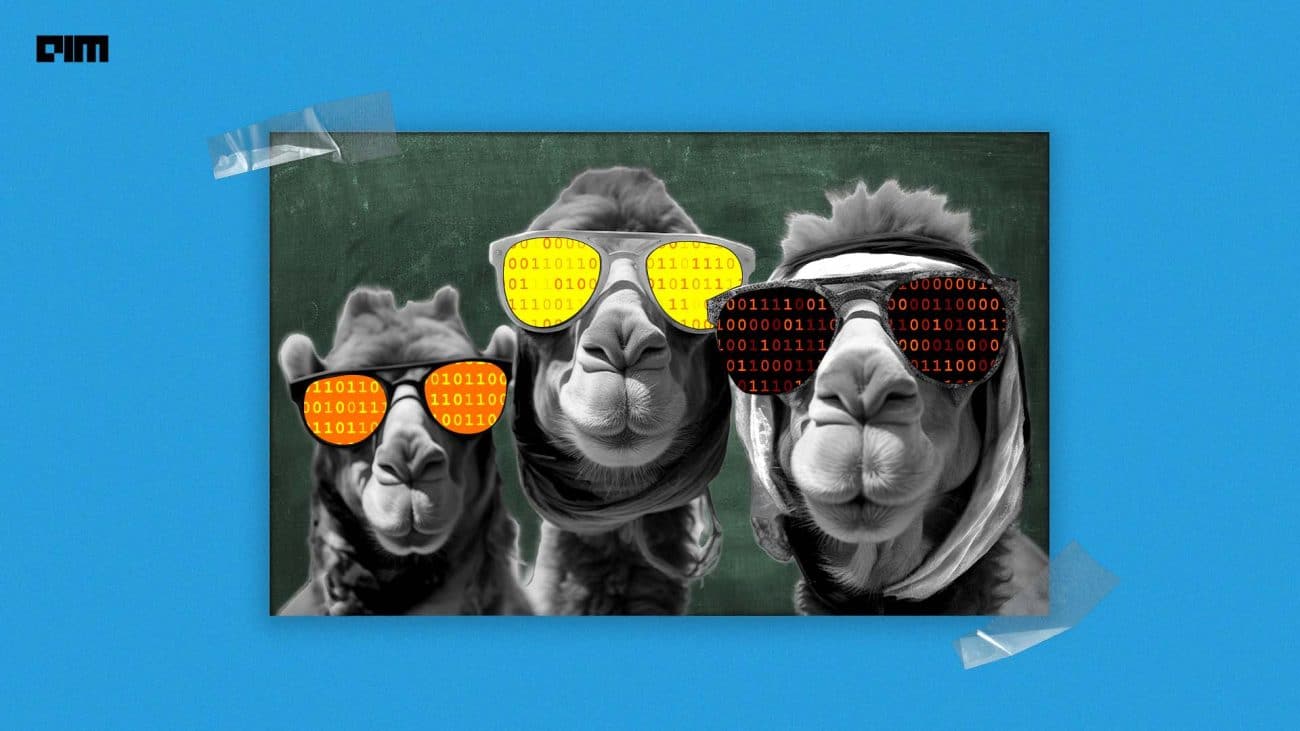|
Listen to this story
|
In the fast-paced world of coding and software development, where every second counts, imagine a day without your trusty AI companion ChatGPT by your side. Oh, the horror! But wait, it happened recently. ChatGPT went down, leaving the new “programmers” stranded, and the consequences were felt far and wide.
“ChatGPT is down so I can’t code anymore now,” said someone on X. “Same. Don’t they know I have a product to ship?” bemoaned another developer. Then an actual developer chimed in to take a jab, “Stackoverflow was down so I couldn’t code anymore either.”
The #1 programmer excuse for legitimately slacking off:
— Daniel Nguyen (@daniel_nguyenx) September 12, 2023
ChatGPT is down https://t.co/Sk2FBtUo0R pic.twitter.com/U6WFtGPogT
As a fledgling programmer, understanding code that ChatGPT generates is equally important, and that only a real developer can do. “I’ve literally spent 30 minutes just asking it what does this do, why did you do that, why didn’t you do this and it’s like having a big brother programmer to explain everything,” explained a user on Reddit.
Developers use it to write boilerplate code so they don’t have to remember the exact structure of the thing they are making and then fill in the logic themselves, which is still very educational.
It’s fine to use it as long as it doesn’t become a crutch.
Dumb and AI Dumber
Yet, amid the digital despair, a question arises: Is ChatGPT actually making coders dumber? Firstly, the OG developers that do not rely on ChatGPT, maybe just a little bit on Copilot or Codey, don’t really get affected by it. But the prompt engineering developers are becoming overly reliant on this AI, to the detriment of our own skills and abilities.
Remember the good old days of coding when you had to meticulously type out every line of code, debug it manually, and spend hours scouring documentation? Well, ChatGPT has changed that landscape dramatically. It’s the virtual genie that can conjure lines of code with a few well-crafted prompts.
One coder on Reddit confessed, “I planned and started to learn new tech skills, so I wanted to learn the basics from Udemy and some YouTube courses and start building projects, but suddenly I got stuck and started using ChatGPT. It solved all, then I copied and pasted; it continued like that until I finished the project, and then my mind started questioning. What is the point of me doing this and then stopping learning and coding?”
This is the slippery slope of convenience. We’ve become so accustomed to instant solutions that we’ve forgotten the value of learning through challenges and struggles. But can we really blame ChatGPT for our desire for instant gratification? After all, it’s just a tool, albeit a powerful one.
Some believe that ChatGPT heralds the end of traditional programming jobs. “Seriously. A lot of people really don’t believe this to be true and tell themselves 100 different reasons why some kind of AI isn’t going to take their job or why this is all media hype.” But the truth is the large majority of programming jobs are going to be able to be done almost completely by AI in a matter of years.
Code and AI Coder
The demand for software is insatiable. As one wise coder puts on X, “Things that allow more software to be written generally just cause more/more complex software to be written.” In a world where automation creates new possibilities, we might find ourselves needing even more programmers to oversee and manage these advanced systems.
The vision of a fully automated society where no one needs to work is still far from reality. Self-driving cars, for instance, are not yet ubiquitous, and even when they become so, programmers will still be needed to maintain and improve them.
ChatGPT isn’t an all-powerful wizard set to render programmers obsolete, nor is it an unmitigated boon. It’s a double-edged sword that offers immense convenience while tempting us with the allure of laziness. It is just creating jobs that require coding, without learning how to do it, which honestly is a little concerning.
Controversial take:
— simp 4 satoshi (@iamgingertrash) September 13, 2023
GPT-4 is actually making me a really bad developer. I often have too little context on the intricacies of the code it generates and so my code is riddled with bugs and broken
The wise words, “Never do a job by hand that a machine can do with better quality or faster results,” come to mind. Automation is the hallmark of progress, and tools like ChatGPT exemplifies this principle. It can automate repetitive, time-consuming coding tasks, allowing humans to focus on more complex and creative aspects of programming.
In the end, ChatGPT and similar AI tools are not making us dumber. They’re making us reevaluate how we work and encouraging us to adapt to a changing landscape. And now, they are getting dumber. The danger of becoming less proficient in coding is a choice we make, not an inevitability.
After all, ChatGPT may be down for a day, but our abilities as programmers should never be offline.











































































